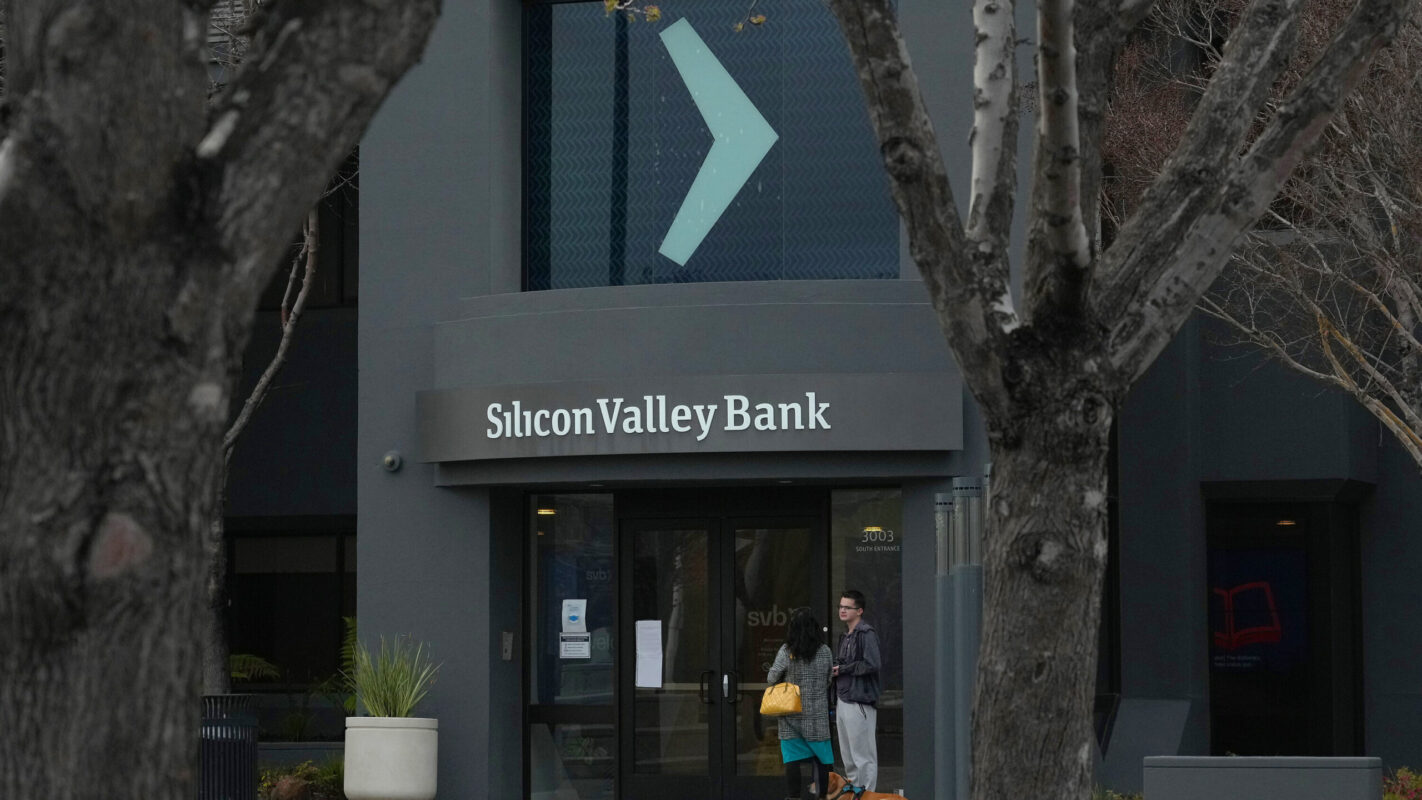As a real estate investor, staying informed about the current economic climate and the potential risks associated with banking failures is essential. The recent shutdown and takeover of Silicon Valley Bank (SVB) by the Federal Deposit Insurance Corporation (FDIC) highlights the fragility of certain banks in times of market volatility and the underserved need for financial protection measures.
While SVB catered mostly to tech and healthcare companies, this dramatic event has caused concerns about potential contagion risks across all industries and has prompted many investors to reevaluate their investments. In this article, we’ll provide essential information on what investors need to know about banking failures and how they can protect their investments during times of economic uncertainty. We’ll also discuss the following:
- The causes of bank failures
- The FDIC’s role in protecting bank customers
- Signs that a bank failure is imminent
- Steps investors can take to ensure their financial security
- The critical role banks play in real estate development projects
- The importance of doing due diligence and choosing a reliable real estate sponsor
In addition, we’ll share Red Oak Development Group’s response to the recent bank shutdown and what we see in the future with the bank we use, including the upsides. By understanding the risks associated with banking failures, real estate investors can ensure they’re protected and positioned to capitalize on any opportunities that come their way.
What is a Bank Failure?
Real estate investing involves significant risk, including fluctuations in interest rates, changes in mortgage regulations and policies, potential fraud or scams, and other factors outside an investor’s control. Another risk for investors across all industries is that of a bank failure.
A bank failure occurs when a financial institution cannot meet its obligations or must close its doors due to an inability to pay its debts. Bank failures can occur due to various factors, such as excessive risk-taking on the part of bank management, a decrease in customer deposits, an increase in withdrawals (bank runs), or an inability to raise capital. When a bank fails, customers may lose their funds, and creditors may not be compensated.
The FDIC’s Role in Protecting Bank Customers
With that said, panic is not necessary. The FDIC was created to protect bank customers from the losses resulting from a bank failure. The FDIC insures deposits up to $250,000 per customer and will take over the failed institution’s assets and liabilities.
When the FDIC takes over a bank, it becomes an FDIC-insured institution, and customers generally should not experience any interruption in their banking services. The FDIC will transfer any funds held in the failed institution to another insured institution so customers can access their money as soon as possible.
Signs That a Bank Failure is Imminent
Despite the FDIC’s protections, investors must remain vigilant and aware of potential risks. To protect their investments from potential losses due to bank failure, investors can look out for warning signs that a particular institution may be in trouble. These include:
- Low credit ratings from the major rating agencies
- High levels of nonperforming loans
- Insufficient capital reserves
- Frequent changes in management or ownership
- Decreasing liquidity
- Excessive fees and penalties
- A sudden decrease in customer deposits
Steps Investors Can Take to Ensure Financial Security
When investing in real estate, investors must take every measure to fortify their investments against the potential of a bank failure. As such, they must conduct intensive research and connect with dependable banking institutions for their investments. Additionally, those considering investing in real estate development projects should perform due diligence on any real estate sponsors and operators they plan to work with.
Investors should also consider diversifying their investments and banking with multiple financial institutions when possible. This can help mitigate potential losses by spreading out the risk across several banks rather than relying on a single institution.
The Role Of Banks In Real Estate Development Projects
Without the financial support, resources, and guidance banks provide, many real estate projects would never come to fruition. Banks are essential in advancing the development of real estate projects, furnishing investors with access to capital, and offering services such as appraisals, title insurance, loan origination, and loan servicing. In other words — banks make it possible for ambitious individuals or companies to bring their vision to life. So, it’s important to remember that while banks present certain risks to investors, they also provide vital services and financial stability.
When it comes to a successful real estate venture, the team that leads these projects is key. That’s why investors must be thorough when choosing an experienced and trustworthy real estate sponsor and operator. Doing the proper research before deciding can help ensure you select the right people for the job.
Choosing the Right Real Estate Sponsor: The Importance of Due Diligence
When searching for a reliable real estate sponsor and operator, experience in the industry is essential. You should also seek out someone knowledgeable of applicable zoning regulations and financing nuances and with an impressive portfolio of successful projects to their name.
If you’d like a list of questions to ask when interviewing a potential real estate sponsor before investing, we recommend you read our article on the 7 Questions to Ask Your Asset Manager (or Investment Manager) Before Investing.
In addition, you might consider asking your potential real estate sponsor about their plans should a potential bank failure occur. Here are a few questions you could ask:
- What is your contingency plan should a bank failure occur?
- Do you have relationships with multiple financial institutions that could offer financing in case of a bank failure?
- How would potential losses from a bank failure be mitigated?
Red Oak Development Group’s Response to the SVB Shutdown: How We Protect Our Investors
At Red Oak Development Group, we take our clients’ investments seriously and prioritize their safety and security. In light of the recent shutdown of Silicon Valley Bank, we understand that investors may have concerns about the stability of banks and how this could affect their investments in real estate development projects.
We want to assure our investors that Red Oak and its subsidiaries will unlikely be affected by the recent bank failure due to our low exposure to the tech banking world. In addition, we’ve chosen to bank with JP Morgan Chase, one of the most stable banks in the US. While we could go the riskier route to earn higher yields on our cash reserves, we’ve chosen to stay liquid in cash reserves and continue to bank with JP Morgan for the foreseeable future.
The Potential Upside of a Bank Failure
While the recent bank failure may cause uncertainty in the financial market, it could also lead to positive developments in the real estate industry. If the Fed needs to lower rates to reduce the risk of capital runs and solidify security in the financial system, this could result in the lowering of the 30-year fixed rate, driving up demand for housing and, with it, our projects.
The Bottom Line
In the wake of Silicon Valley Bank’s collapse, investors must remain mindful of the potential risks banks may bring without succumbing to fear. Investing has always come with some degree of risk, and an intelligent investor must understand these risks to make the most informed decision possible.
Despite the ever-changing landscape, real estate investing remains a sound investment. Choosing trustworthy partners who prioritize protecting your investments and employing the right strategies can help to reduce risk while providing lucrative returns.
Here at Red Oak Development Group, we take this responsibility seriously, actively monitoring the financial market and any changes that may affect the real estate industry so that we can take action accordingly. We’re committed to being a reliable partner, treating our investors’ funds like our own, and making decisions in their best interest. We’re confident in our ability to weather any storm and look forward to continuing to work with our partners to achieve success.





